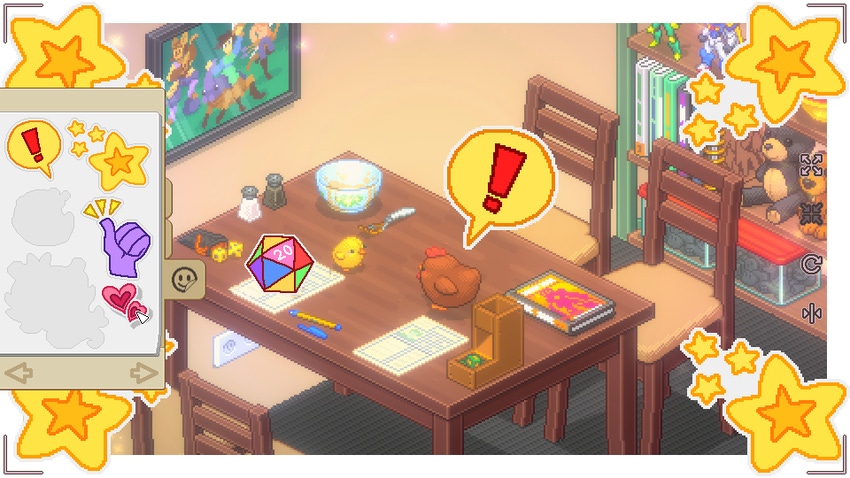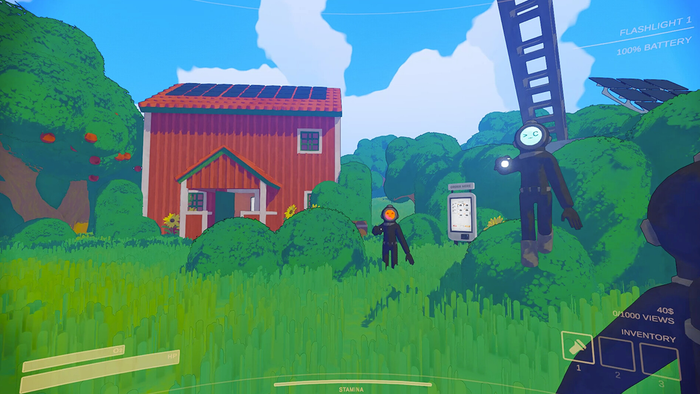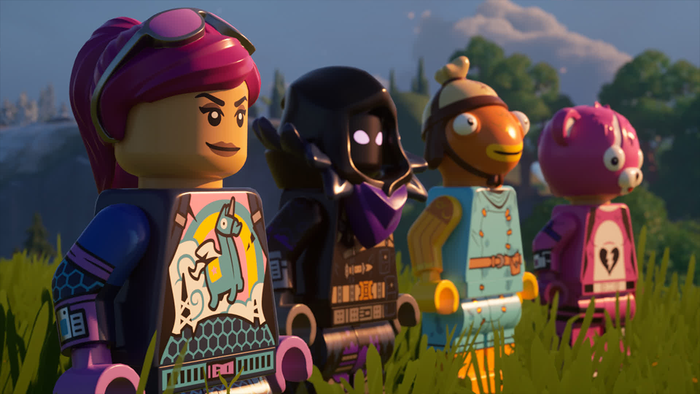.png?width=700&auto=webp&quality=80&disable=upscale)
Some of the best marketing, community, and business advice from GDC 2023.

The Game Developer crew covered a number of business and marketing (and community management!) focused talks at GDC 2023, with practical advice for developers of all sizes. We learned contract tips for indies from "Game Lawyer" Kellen Voyer, secrets of strong, healthy community management from the creators of Blaseball, how to use "no one cares about your game" to your advantage, how to keep a marketing plan going strong even long after a game's release from the folks who created indie darling Unpacking, and much more. We also included a couple of interviews here from our Road to IGF and Alt.Ctrl.GDC games, some of whom had very unique promotional approaches or messages about the game business itself.
Navigating the "ocean" of fandom as a community manager
"Davis was bullish on the need to create a space that is anti-racist, and shouted out using a consulting agency (she recommended Sweet Baby) for specific tips and guidance on creating a space that is safer for users of color, and does not just cater to white comfort."
"If you are prioritizing a kind of tone, specifically low conflict and tenderness, you are prioritizing the comfort of people who are already comfortable. So why is this a problem? [Well], if we are only building our communities through shared feelings, any minority experience, regardless of what that minority is, is going to be seen as an attack on the majority experience, which is usually going to be white and "default" if that's the kind of space that you have already built. If you are not intentionally building a space to contradict the default, you are setting up the people of color in your space to be the enemies of the white majority in your space, regardless of whether you want to do that or not."

Unpacking a smart plan for long-tail post-launch marketing
"Hummel suggested that any social media manager get organized and get started with a calendar. A few suggested items she called out were holidays, sales, and anniversaries for your game (and any staff vacations), all of which help to plan ahead for. She suggested finding a posting cadence for all of your channels and sticking to it, even if it starts light, because many algorithms (TikTok in particular, in her shout-out) are designed to reward a constant stream of content and punish gaps."
"No one" cares about your game. Here's why that can be a good thing
CEO of Future Friends Games, Thomas Reisenegger explains how to use this to your marketing advantage
"Rule 1: Get to the point quick and show what you have immediately. Even taking a few extra seconds to float developer and publisher logos at the beginning of your game trailer can derail the audience's interest. This is important even on the store page. Put the most relevant details out front and center."
Five key publishing contract pitfalls for indies to avoid
"Publishers should never own the game IP," he said definitively. "The developer has worked really hard to build that universe, to build that game, and should always own it."
"So game IP should always be owned by the developer. Otherwise, you lose control of the game forever. And also, as a developer, you lose control of IP derivatives [like] film, TV, comics, and merchandise."

How Presenter Slides captures serious business stuff and isn't a silly game
Presenter Slides is serious business software for the potential go-getter and does not dilly dally with any game stuff that takes you to hell or anything.
"The primary tool used was Unity 3D due to its state-of-the-art capabilities for rendering pie charts. There is also added value in making our presentation software compatible with the US military so recruits can view informational presentations directly from their simulated battlefields."
"Lastly, due to our lack of funding, our audio and art software was substituted with legally obtained stock images, sound bits from Freesound and 3-dimensional models from Polly Pizza. As we are yet to receive our 100 dollars back from Steam, we see these low acquisition costs as an excellent return on investment."
Inside the full size food truck controller of Kitchen Kauldron
Kitchen Kauldron sees players working together in a life-size food truck controller, running one of three different stations as they save this struggling, but spooky, business.
"The overall experience goes beyond just alternative controllers as it requires players to engage in a physical trailer and work together as a team in an immersive, interactive, gamified set. Players join Wendy the Witch's crew and help turn this struggling magical food business venture around as they embark through a gamified food truck experience. Together they work in three different roles (chef, server, and barista) as they take and make orders throughout various magical lands."
Check out more business and marketing coverage on Game Developer here.
Read more about:
FeaturesAbout the Author(s)
You May Also Like








